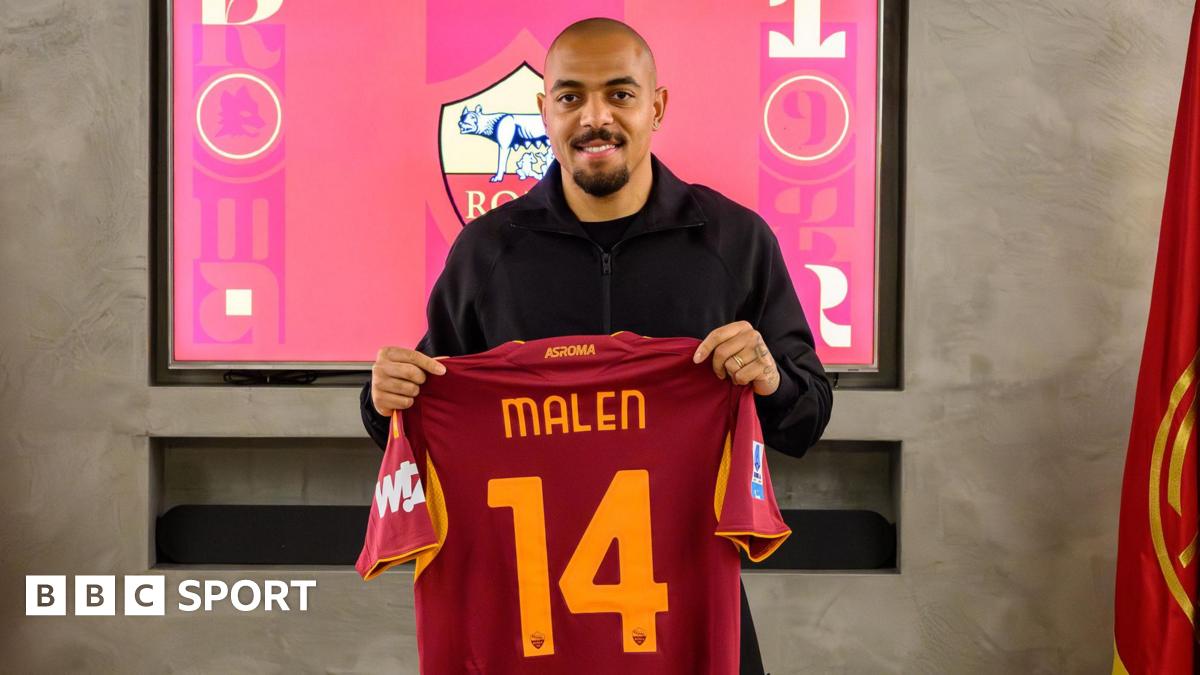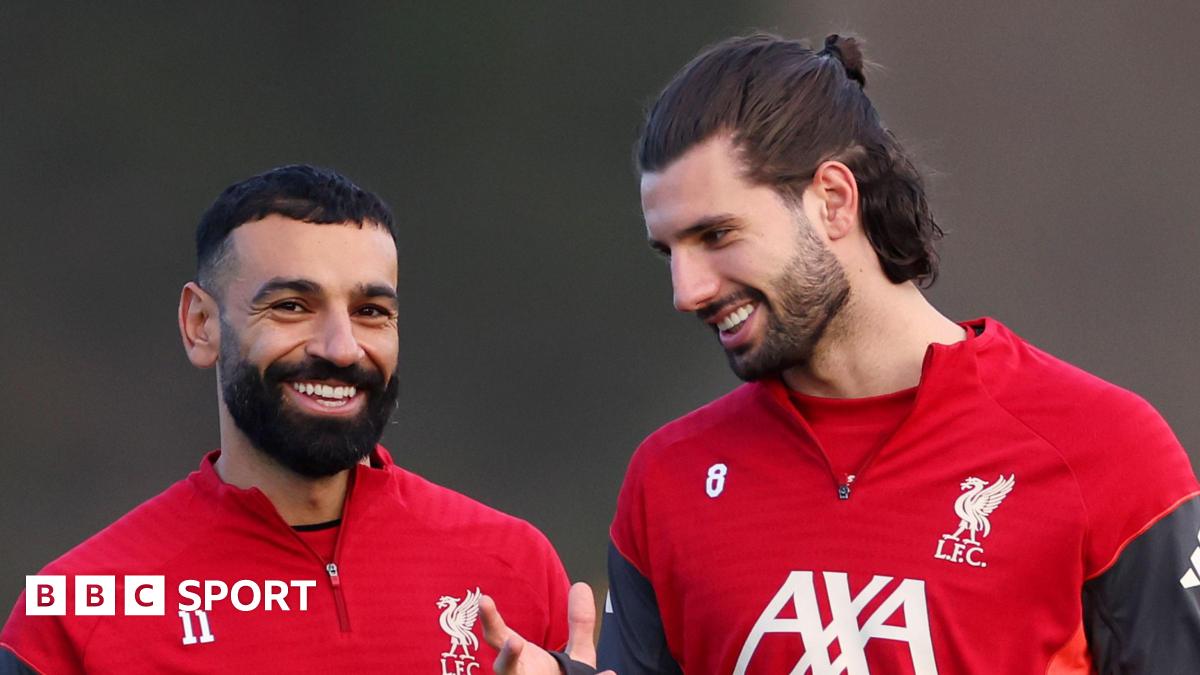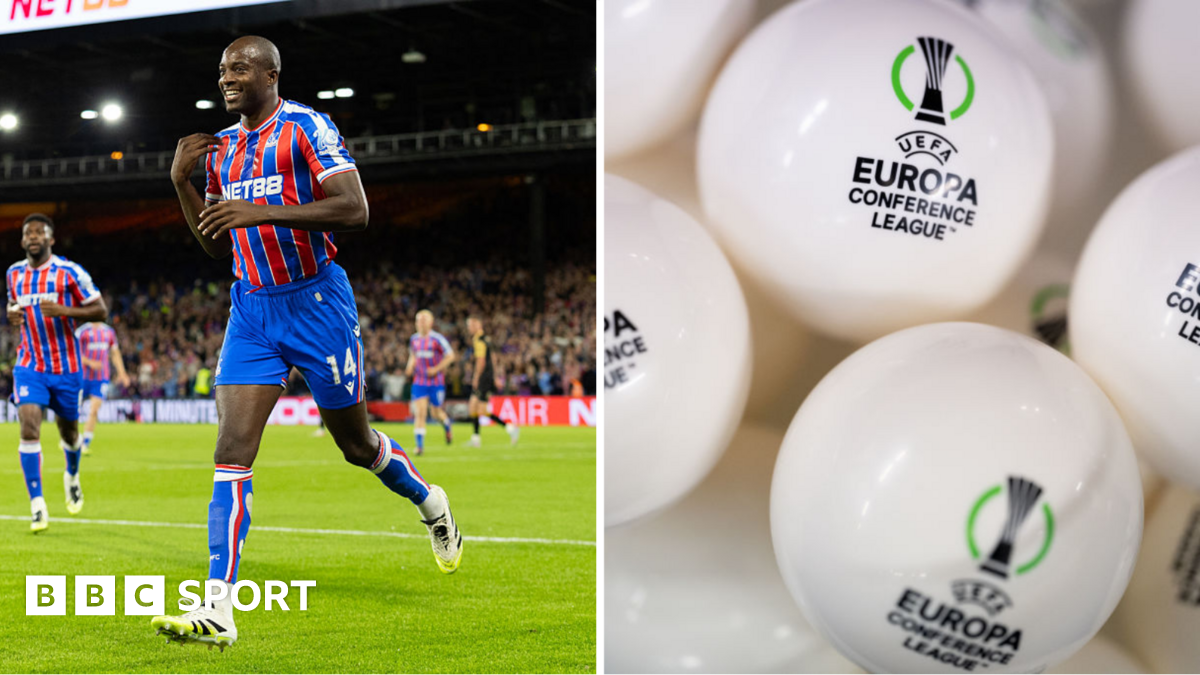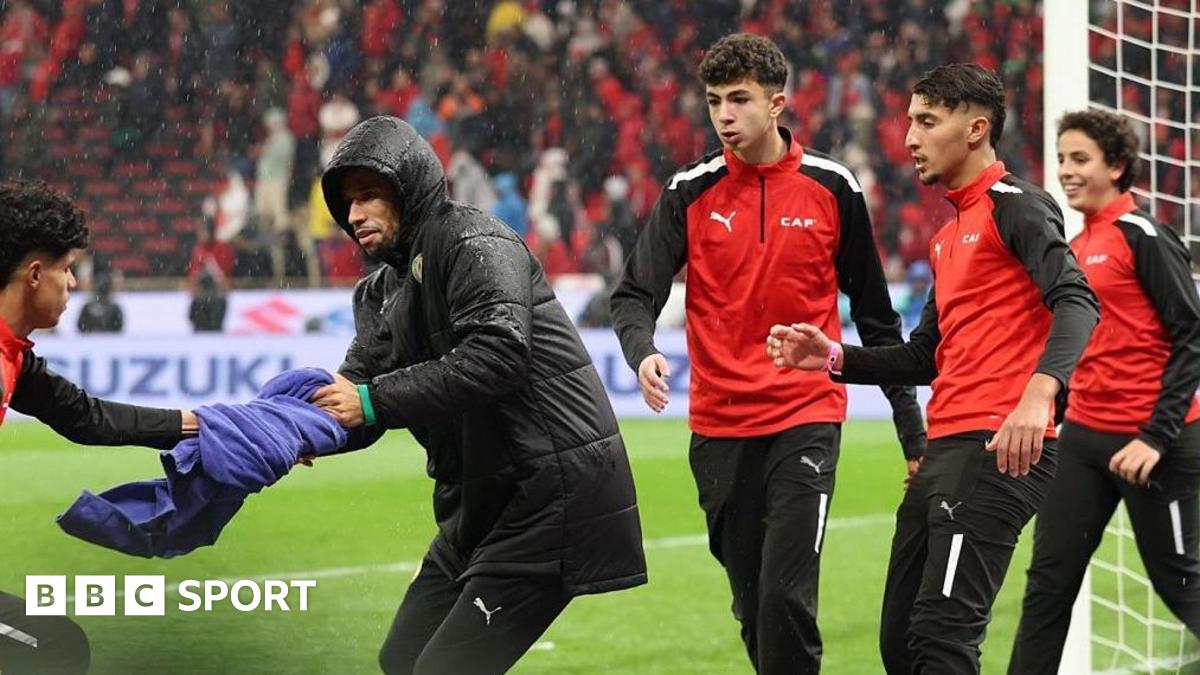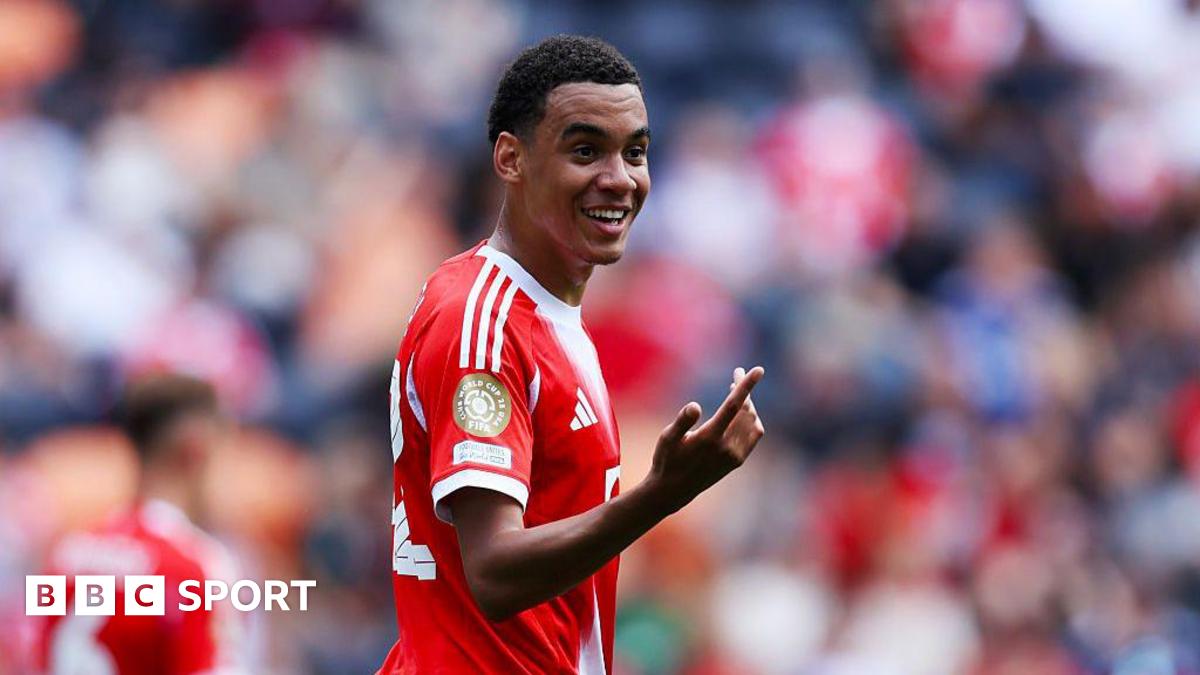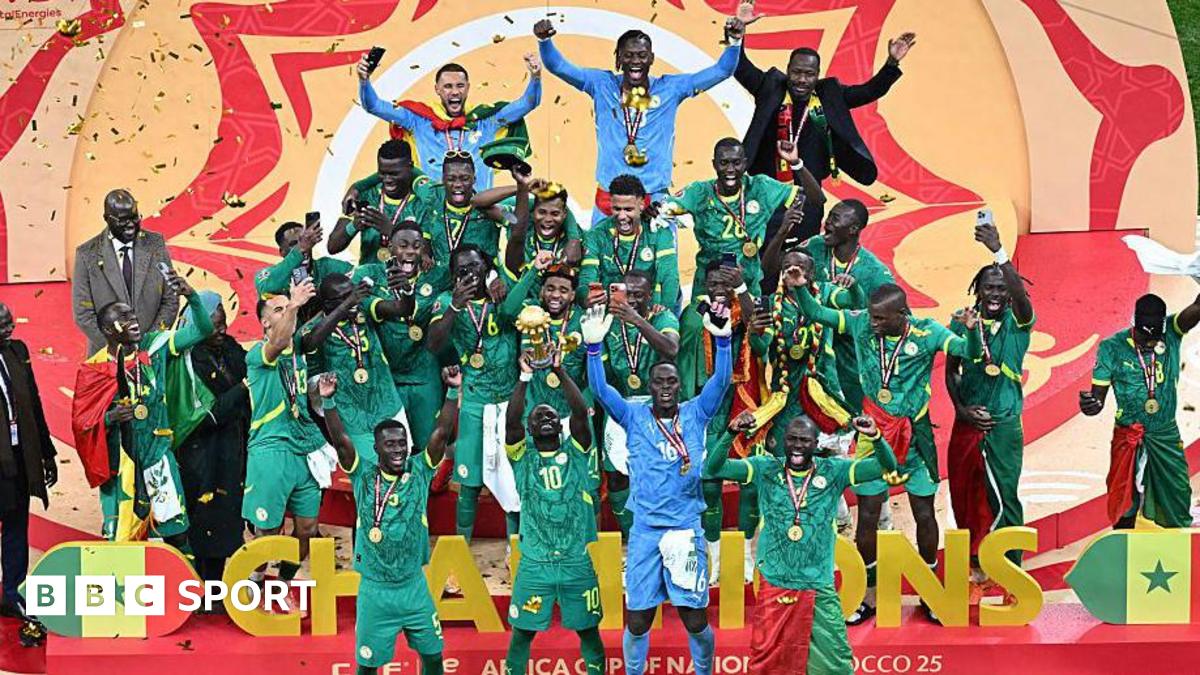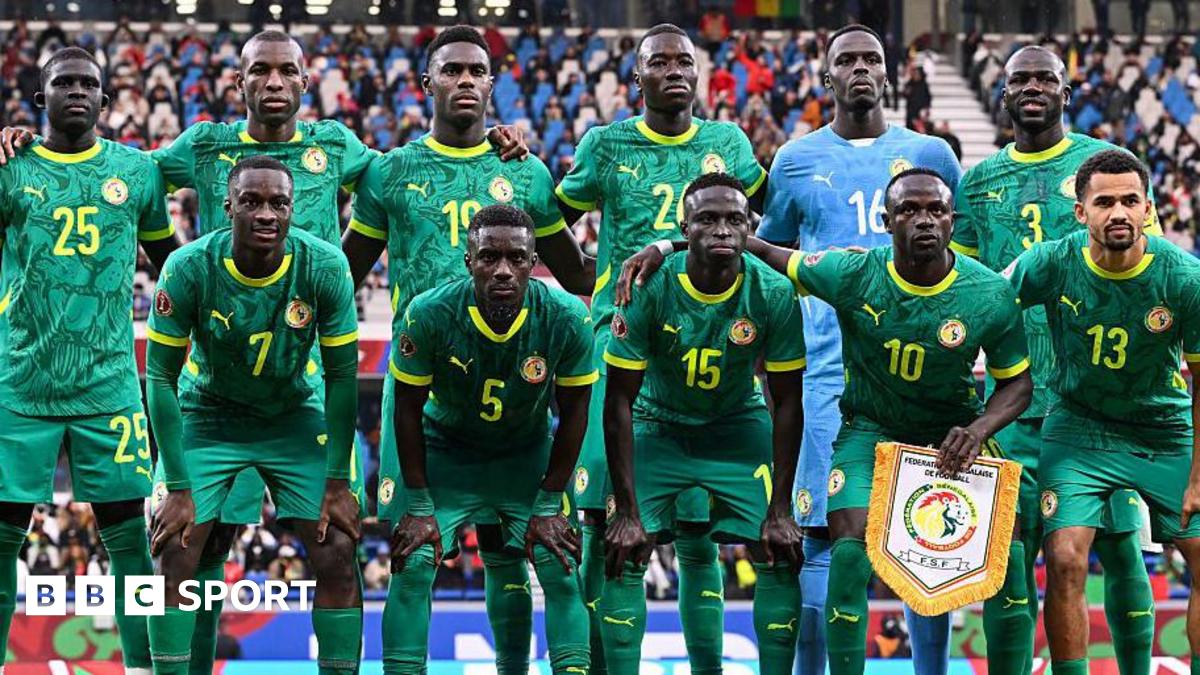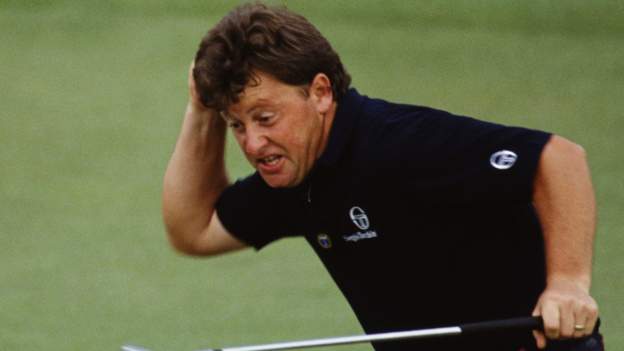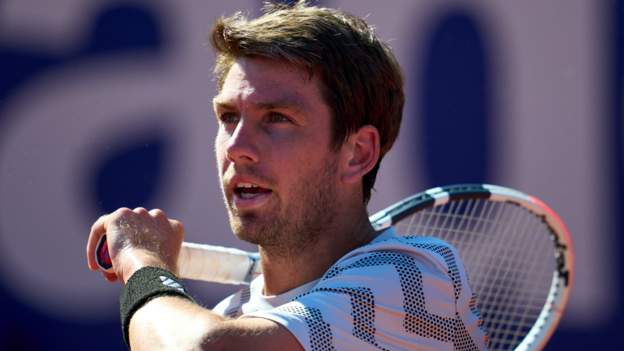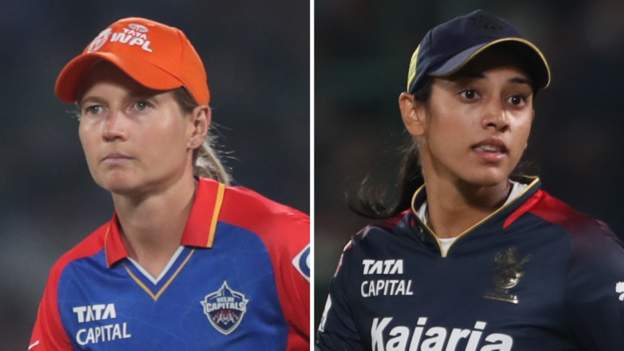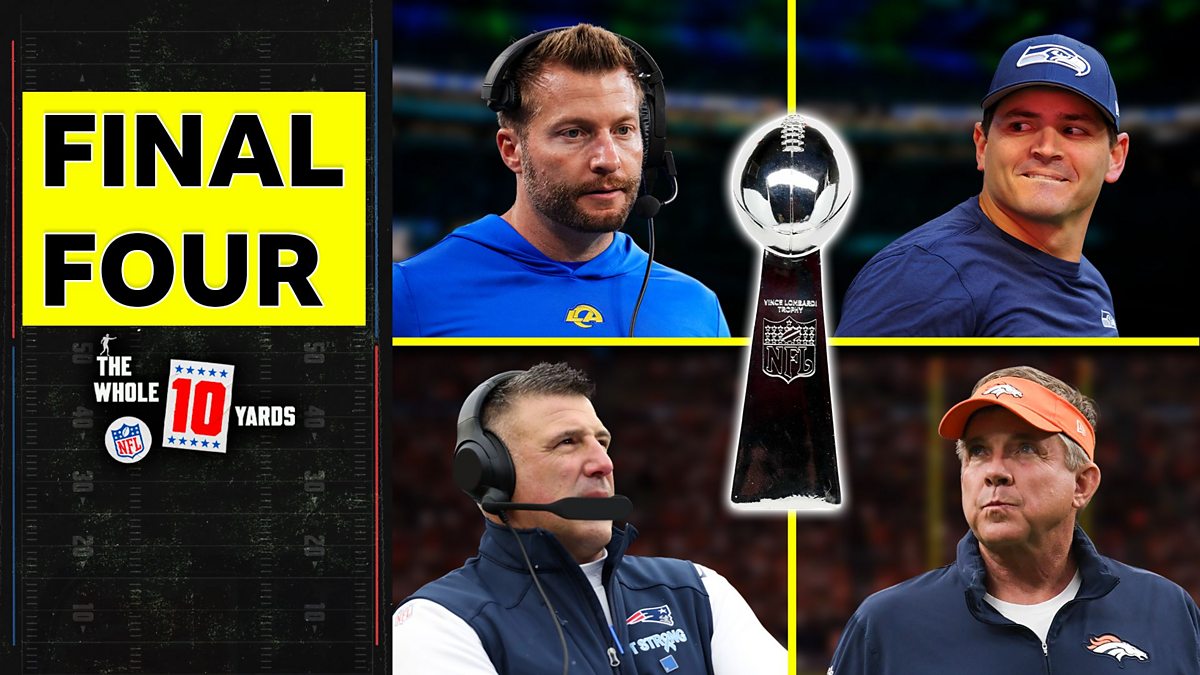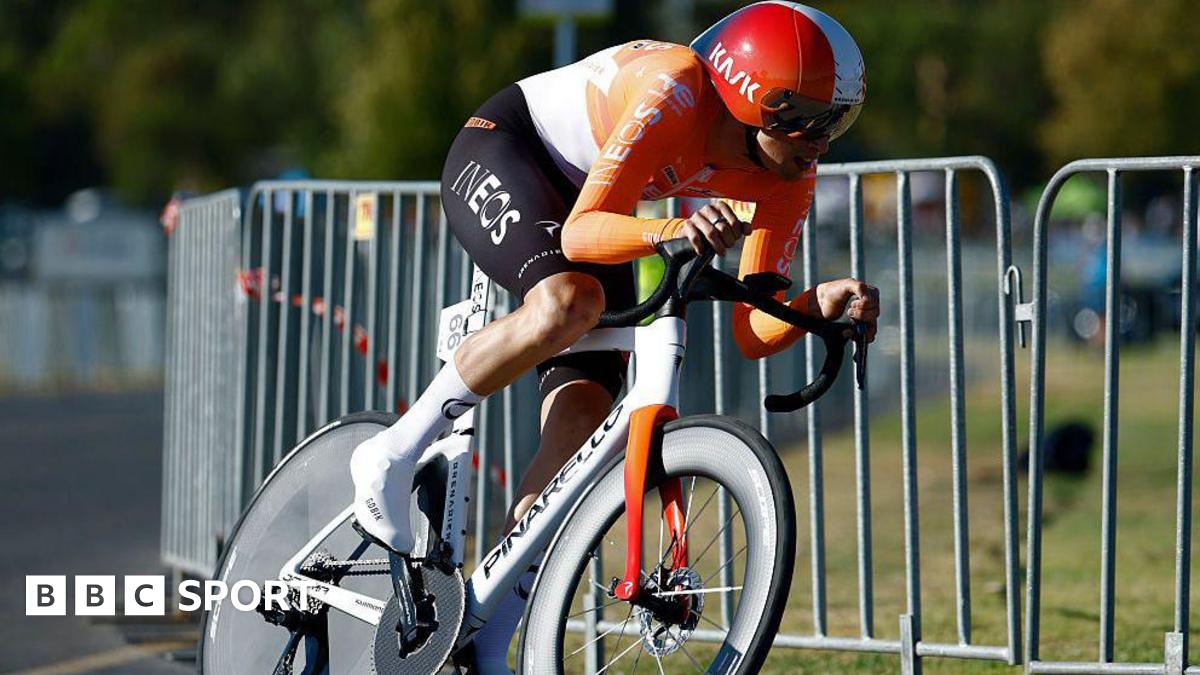| Date: 8-11 April Venue: Augusta National Golf Club |
| Coverage: Live radio commentary on BBC Radio 5 Live, Sports Extra and BBC Sounds. Live text commentary on BBC Sport website from first drive to last putt on all four days. Daily highlights on BBC Two. Click for full coverage details |
He will never forget the date – 14 April 1991. It was a day that changed Ian Woosnam’s life forever.
On a sunny late afternoon in Augusta in Georgia, USA, Woosnam became the first – and to date only – Welshman to win the Masters and with it the famous Green Jacket.
But the jacket did not quite fit. Not because it was not deserved, but because neither the American organisers nor the patrons watching thought he would win.
“They didn’t have a jacket to fit me,” Woosnam says.
“They weren’t expecting me to win. I ended up having to use the media director’s jacket – it was a second-hand jacket!”
As he prepares for another Masters campaign this week, Woosnam tells BBC Sport Wales about the unforgettable day 30 years ago that defined his career.
Ideal preparation
Woosnam had never won a major before the 1991 Masters – but he arrived at Augusta National on the Monday as the world’s number one-ranked golfer.
His confidence was high but, at the time, no player ranked number one in the world had won the Masters.
Woosnam’s game was exactly where he wanted it to be. He had notched up more than 20 professional tournament victories by 1991 and had achieved his goal of becoming the number one.
But despite Woosnam’s form and position, few, if any, thought he would win the Masters.
That was despite recent European domination of the event, with the likes of Seve Ballesteros, Bernhard Langer and Sandy Lyle all winning green jackets. Nick Faldo was going for an unprecedented hat-trick of victories having triumphed in 1989 and 1990.
“I can remember driving to the course in the white Cadillac that we’d been given with my wife Glendryth,” says Woosnam.
“I remember the drive up Magnolia Lane and trying to find a space to park. Only the former champions get given a parking space, so I didn’t have one at that stage.”
Woosnam shot a level par round of 72 on the opening day. It was nothing spectacular and he found himself well down in the standings.
He had not played poorly but simply could not find any magic with his putter. After the opening round he made the big decision to change putter and instantly it felt good.
He shot a blistering 66 in round two to leave him second behind American Tom Watson at the halfway stage.
Woosnam continued posting birdies in round three to end the day as the clubhouse leader at 12 under par. His first major was within touching distance.
“When I arrived at the course, I had this feeling that people thought I wasn’t going to win,” he said.
“That fuelled me. It gave me an ‘I’ll show you’ sort of attitude.
“I remember the weather was pretty hot and I’d planned to wear a nice new white shirt for the final round.
“But when I took it out of the packet it had a stain on it! I had my check trousers that it was supposed to match, so that was a bit of a panic. In the end, I went for the Seve blue.”
The dark blue shirt and red checked trousers were to become an iconic look for Woosie, as would a fist pump.
Settled nerves
It was clear nothing was going to faze Woosnam, who had the backing of an Australian legend. Before the event Woosnam and his family had joined Greg Norman in Florida for some fishing and scuba diving.
Norman, who spent 331 weeks as world number one and amassed 89 professional tournament victories, had never finished better than second at the Masters.
He called Woosnam on the morning of the final round to wish him luck.
But after the Welshman completed his pre-round warm-up on the practice area, the nerves began to set in.
“Anyone who tells you they’ve not got butterflies and they’re not nervous is lying,” said Woosnam.
“I was playing in the final round with Tom Watson. He was having a few problems with the little putts and he missed one on the first. That really settled me down and made me feel better. I thought if he can miss them then it’s not the end of the world if I miss them.”
Watson was the clear home favourite. Woosnam would be jeered and heckled throughout the round as the American fans attempted to push Watson over the line.
“Being the underdog made me better, that ‘I’ll show you attitude’,” Woosnam says.
“The little Welsh dragon was going to eat him!”
But the pace of the final round was painful for Woosnam: “It felt like it was going in slow motion – it was agony.
“I just wanted to get on with it, but we all know that the Masters doesn’t really start until the back nine holes. I was watching the scoreboard throughout and all I wanted to do is stay one shot ahead of anyone else.”
It was the back nine where the drama really began. Watson had dropped two shots on the 12th hole – one of the most famous par threes in golf with its fickle winds, narrow green and looming water which have thwarted many bids for the Masters title. Woosnam made par.
“I’d gone three shots ahead of him, but we’d had a long wait on the 13th tee,” he recalls.
“That led to me pulling my tee shot. There was a big roar and I thought it was because I’d got out of Rae’s Creek, but it was actually a roar because it had gone in the creek.”
The partisan crowd were once again pulling for Watson as Woosnam’s ball disappeared under water.
“That really fired me up,” Woosnam says. “But I had to drop out and Tom played a fantastic shot and took three, so we were all back square again.”
Elsewhere on the course, Jose Maria Olazabal had zoomed into the lead and, by the 14th hole, Woosnam had a fight on his hands. With three holes to play there was a three-way tie at the top of the leaderboard.
“Watson had made another eagle on the 15th – it was turning into matchplay, but it’s the 16th hole where I feel I really won the Masters,” Woosnam says.
“We both had to putt down off the back of the green.
“Mine rolled about seven foot past while Tom’s was just four foot away. That was the putt that before I would have missed and I would have blown my chance, but it went in and I thought this was going to be my time.
“I had more emotions on that one than I did on the 18th hole. I knew I would have been out of the race if I’d missed that one. That was the reason I had changed my putter after round one, it was intense stuff.”
Had Woosnam missed, the momentum would have been handed to Watson, but as the pair stood on the 72nd hole they were tied at 11 under par.
Olazabal was in the penultimate group ahead and Woosnam watched as the Spaniard would go from bunker to bunker en route to a bogey five. It was a two-horse race.
Watson now looked the more nervous. He took an age to pull out and hit a three wood, which would end up blocked down the right into the trees.
Woosnam took the audacious, unconventional line of blasting his drive over the bunkers on the left. It was bold but calculated, as there was no danger because he knew he had the length to clear the bunkers. It was confirmed to be a carry of 286 yards.
“I had my gameplan,” Woosnam recalls. “I boomed it over those traps because I knew there were no problems over there – it’s the old practice ground for the members – so I played it into the empty space.”
It was anything but empty when Woosnam got to his ball as the crowd had swarmed around it. The Augusta patrons always arrive early and are allowed to place their collapsible seats in prime positions for the day.
His caddie, Phil ‘Wobbly’ Morbey, and the marshals took 20 minutes to clear a path and give Woosnam enough of a gap to hit the ball.
“I said to Wobbly ‘what have we got?’ He said ‘147… I think’,” Woosnam says.
His second shot was a touch heavy and finished up on the left apron on the lower tier of the green. Watson was in the sand. He flew the ball out without difficulty but instead of checking up on the green, it raced 25 feet past the flag.
“He pitched it right by the pin, and I’d seen him chip in so many times in the Ryder Cup, that was a real frightener for me as I thought he’d holed it,” Woosnam says.
The crowd seemed disappointed but Woosnam needed to steady himself.
“My chip was against the grass and I thought ‘oh God, this is not the time to duff one, I’d better putt’,” he adds.
From 35 or so yards up to the higher point of the green the putt looked good, but agonisingly it kept rolling, finally finishing six feet from the hole.
Perfect putt
Six feet to win the Masters. It was a scenario Woosnam had played out to himself so many times before at a deserted Llanymynech Golf Club as a child. Now it was reality.
“I’d said it so many times as a kid – ‘I’m Gary Player, I’m Jack Nicklaus – this is my time’,” he recalls.
“This is what I’d worked for all my life. This is why I’d spent so many hours on the practice ground with my hands bleeding.
“I was the world number one that week. I now needed to prove it.”
The line was good, just outside the right lip. As the ball got to within 18 inches of the cup, Woosnam knew it was in.
He bent down on his right knee and roared with delight. As the ball dropped into the hole, he punched the air so hard he pulled a muscle in his arm.
“I nearly burst my arm when I did that and then Wobbly picked me up and nearly broke my ribs,” he says.
Woosnam’s first thought was to find his wife but he could not see her or their children. They had been prevented from coming down to the 18th to watch the moment of history.
“I was in a bit of a daze, I just wanted to go and celebrate and hug the kids,” Woosnam says.
But he was whisked away to the winner’s presentation in the Butler Cabin, where it was Nick Faldo’s job to slip the ill-fitting jacket on to Woosnam.
Wanting to go home, Woosnam was told he needed to attend a dinner.
“A dinner? You’re joking, I thought,” he says.
“Glen had to go home and get me a shirt and tie. But the one great thing about the dinner is they say you can have anything that you want as the champion, so I ordered a bottle of Mouton Rothschild 1976. I’ll never forget that.”
After the dinner Woosnam had agreed to meet the British press, who were waiting at a nearby hotel.
“I brought them some champagne, but I actually didn’t get home to Glen until gone 1am the next morning and although I wanted to celebrate, we were all too tired.
“But I made up for it after that, I think we spent the next two weeks celebrating.”
One and only major
As Masters champion, Woosnam’s life had changed forever. But it became a heavy burden.
“Everyone wants you to do things and play in everything around the world,” he says.
“That was a lot of pressure and I felt that. I had to perform. I was paid to go places and I felt so much pressure because I didn’t want to let anyone down. I felt bad when I did. I used to say to them, ‘I’ve played so badly here you can keep the money’.
“I simply wasn’t prepared for all that. There’s no doubt about it, it affected me and I didn’t like the limelight.
“I always say it’s like climbing a mountain. I’d got to the top of the mountain but then I fell off the other end.
“I should have won more majors. I’d reached my pinnacle, but I should have said to myself that I needed to win five majors. If I had my time again, that’s what I’d have done.
“My dream had come true, but my dream should have been more. The bubble burst.”
After recent back surgery, Woosnam will once again be pegging it up ready to play the Augusta course this week.
He hopes his 1991 exploits continue to inspire stars of the future.
“I just hope that it helped another Welsh golfer,” he said.
“If they work hard enough, are hungry enough and dream big enough, they can do the same thing.”

